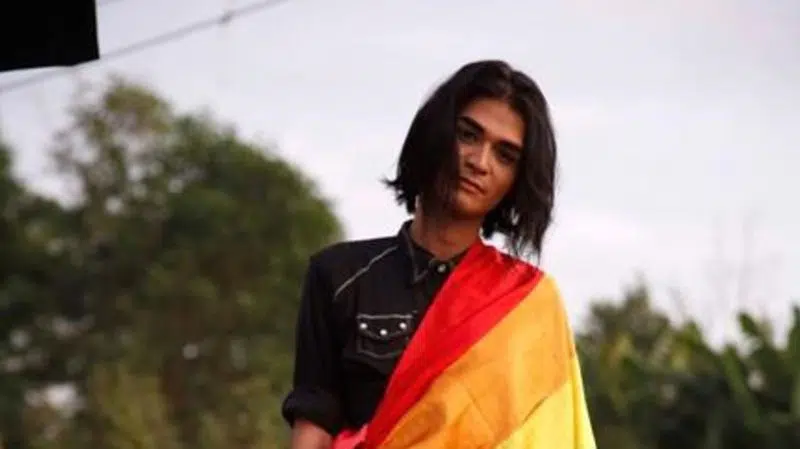
Mexican guardsmen break up migrant caravan along highway
FRONTERA HIDALGO, Mexico — Eight hundred Central American migrants were rounded up and hauled onto buses by Mexican national guardsmen and immigration agents after crossing into the country early Thursday and walking for hours along a rural highway.
The migrants had stopped for the day at a shaded crossroads when hundreds of national guard troops advanced their lines to within 100 yards (meters) of the migrants.
A brief negotiation stalled after Mexican authorities said the migrants “demanded permits for free transit through Mexico to the United States.”
The migrants knelt to the ground in prayer and began to chant “we want to pass.”
